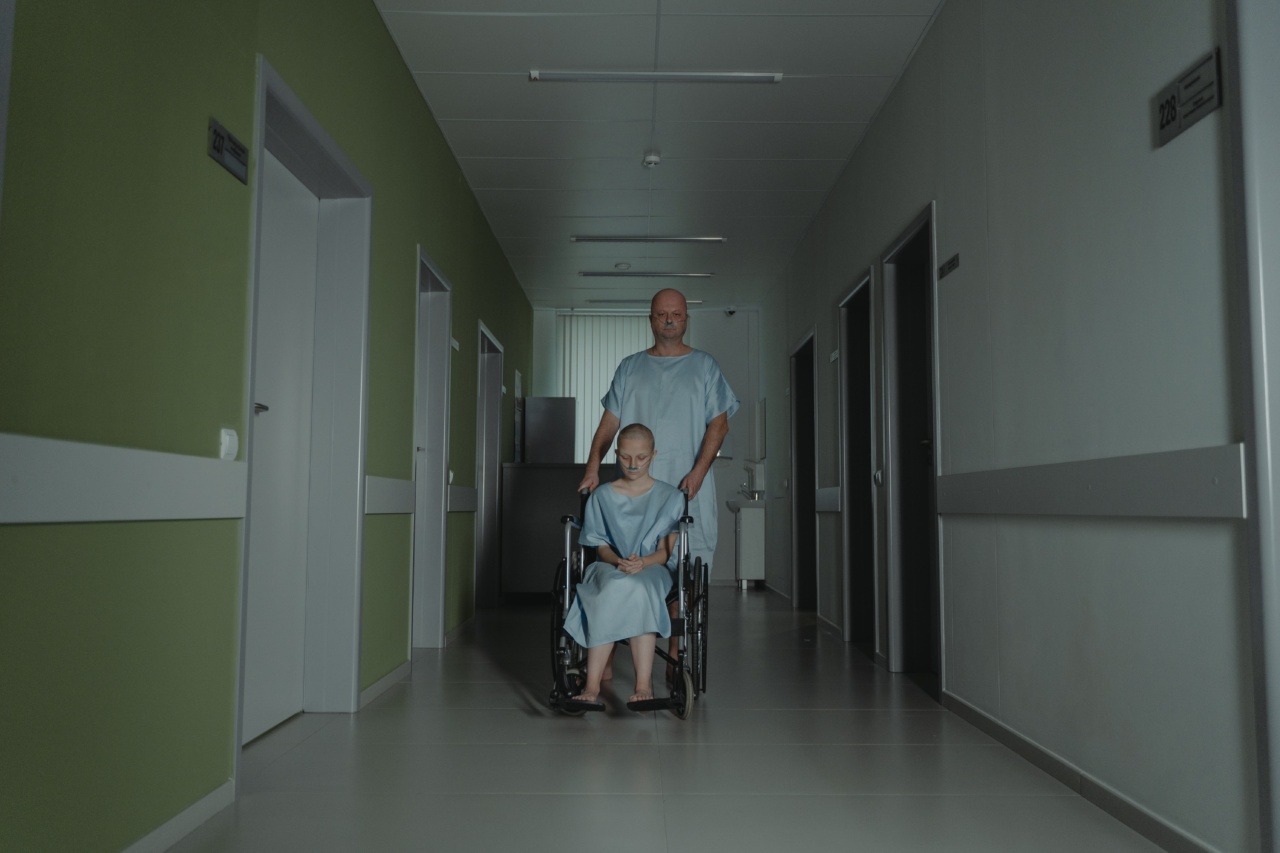Being diagnosed with cancer is a life-altering event that affects not only the patients but also their caregivers. It is a challenging journey filled with physical, emotional, and psychological ups and downs.
However, there are certain factors that can greatly enhance the life of both cancer patients and their caregivers. In this article, we will explore these top factors that can bring comfort, support, and positivity to their lives.
1. Strong Support System
A robust support system plays a crucial role in the lives of cancer patients and caregivers. It can consist of family, friends, support groups, or even online communities.
Having people who understand and empathize with the challenges they face can provide immense comfort and emotional stability. It is important for both patients and caregivers to have a network they can rely on for advice, assistance, and emotional support.
2. Open Communication
Open communication is vital in maintaining healthy relationships between cancer patients, caregivers, and their support system. It is crucial to articulate feelings, concerns, and needs openly and honestly.
Clear and effective communication not only helps in understanding each other better but also fosters a sense of trust and emotional connection.
3. Access to Quality Healthcare
Access to quality healthcare is one of the most crucial factors in enhancing the life of cancer patients.
Regular medical check-ups, access to experienced oncologists, and appropriate treatment options can significantly improve the patient’s prognosis and overall well-being. Caregivers should also be well-informed about the patient’s medical condition and be provided with the necessary support and resources to ensure optimal care.
4. Education and Knowledge
Knowledge is power, especially for cancer patients and their caregivers.
Navigating through the complicated world of cancer can be overwhelming, but being educated about the disease, treatment options, and available resources can empower both patients and caregivers. This knowledge equips them to make informed decisions, effectively communicate with medical professionals, and actively participate in the patient’s treatment journey.
5. Emotional and Psychological Support
Dealing with cancer involves a wide range of emotions, including fear, sadness, anxiety, and even anger.
Both patients and caregivers can greatly benefit from emotional and psychological support, which can be obtained through therapy sessions, support groups, or counseling services. These services provide a safe space to express and process emotions and equip individuals with coping mechanisms to navigate the various stages of cancer.
6. Alternative Therapies and Relaxation Techniques
Complementary and alternative therapies such as yoga, meditation, acupuncture, and massage can help improve the quality of life for cancer patients and caregivers. These therapies have been shown to reduce anxiety, relieve pain, and promote relaxation.
Engaging in such practices can provide a sense of calm, improve overall well-being, and promote a positive outlook.
7. Healthy Lifestyle Choices
Adopting a healthy lifestyle can have a profound impact on the well-being of both cancer patients and caregivers.
Incorporating regular exercise, eating a balanced diet, and getting enough sleep are essential for maintaining physical and mental strength. Making conscious choices to prioritize self-care can help reduce stress levels and improve overall quality of life.
8. Financial and Practical Assistance
The financial burden associated with cancer treatment can be overwhelming.
Access to financial assistance programs, support with insurance claims, and guidance in navigating the complex healthcare system can alleviate anxiety and allow patients and caregivers to focus on their well-being. Practical assistance such as transportation services or help with daily chores can also make a significant difference in maintaining a positive and stress-free living environment.
9. Hope and Positive Thinking
Maintaining hope and cultivating a positive mindset are powerful factors in enhancing the lives of cancer patients and caregivers. Believing in the possibility of recovery and focusing on the present moment can bring about optimism and resilience.
Engaging in activities that bring joy, such as pursuing hobbies, spending time with loved ones, or even practicing gratitude, can contribute to a higher quality of life.
10. Resilient Spirit and Support Groups
A cancer diagnosis can test one’s spirit, but a resilient attitude can help patients and caregivers navigate the challenges they face.
Joining support groups or connecting with individuals who have overcome similar experiences can provide inspiration and motivation. Being part of a community that fosters resilience can make a significant difference in coping with the emotional and physical burdens associated with cancer.































